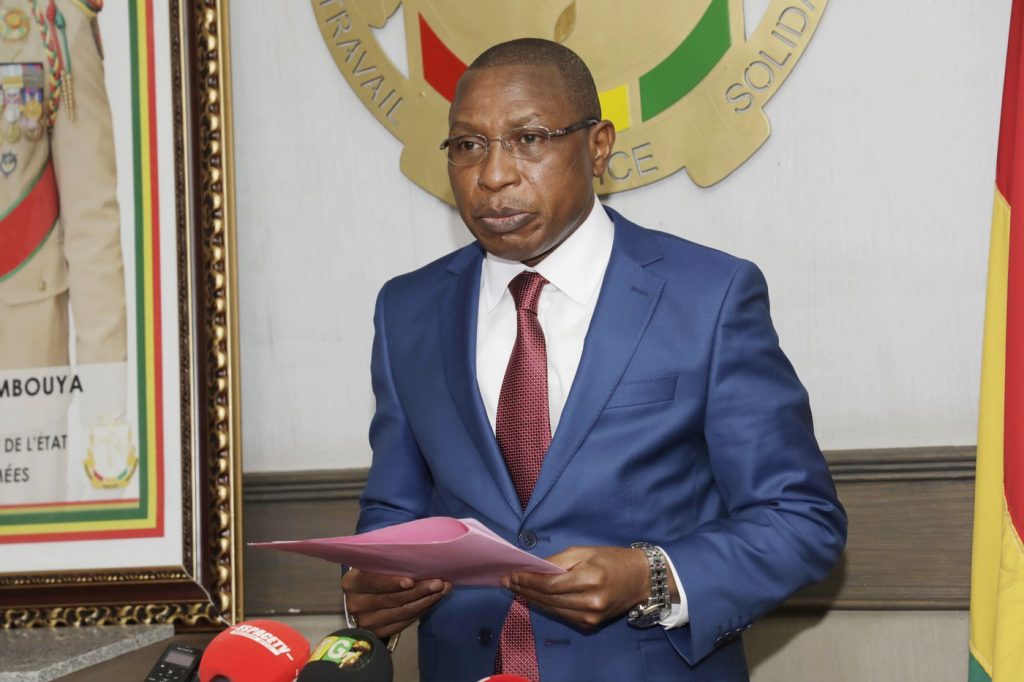DAKAR, Senegal (AP) – The ruling junta of Guinea has officially pardoned the country's former dictator, Moussa “Dadis” Camara, who had been serving a 20-year prison sentence for his involvement in the 2009 stadium massacre. This decision was announced through a decree read on state television.
Camara was sentenced in July 2024 after being found guilty of crimes against humanity, which were related to the death of at least 157 individuals during the violent crackdown at a stadium in Conakry. The incident further involved numerous rapes of women who were present during the protests against Camara’s plans to run for president, occurring a year after he led a coup.
During the protests, troops opened fire on demonstrators, and it was reported that some members of the military were responsible for the rapes and killings. However, a report by Human Rights Watch indicated that Camara's senior aides were present at the stadium and did not intervene to prevent the atrocities from unfolding.
Witnesses recounted horrific scenes where many victims were shot, crushed, or stabbed to death. Women were forcibly taken from hiding and gang-raped by armed men, over a harrowing period of several days. Many of the victims were trapped in the stadium as Camara's presidential guard blocked exits, leaving them vulnerable to the escalating violence.
The aftermath of the massacre saw families unable to retrieve the bodies of their loved ones for several days, with many left without closure regarding the fate of their relatives. After surviving an assassination attempt a few months post-massacre, Camara fled into exile but returned to Guinea over a decade later. The current junta, under the leadership of Mamady Doumbouya, seized power in September 2021.
During his court proceedings, Camara stated, “If I’m here before you, it’s because of my patriotism; otherwise, I would not have agreed to come.” He controversially claimed to have been asleep during the events of the massacre, attempting to distance himself from the brutal actions that occurred.
In a dramatic turn of events last year, Camara was briefly released from jail by armed gunmen who stormed the main prison. However, he was recaptured within hours, with his legal representative describing the incident as a kidnapping.
As Guinea navigates its complex political landscape, the pardon of Moussa “Dadis” Camara raises significant questions about justice, accountability, and the ongoing struggles faced by the victims of the 2009 massacre.










